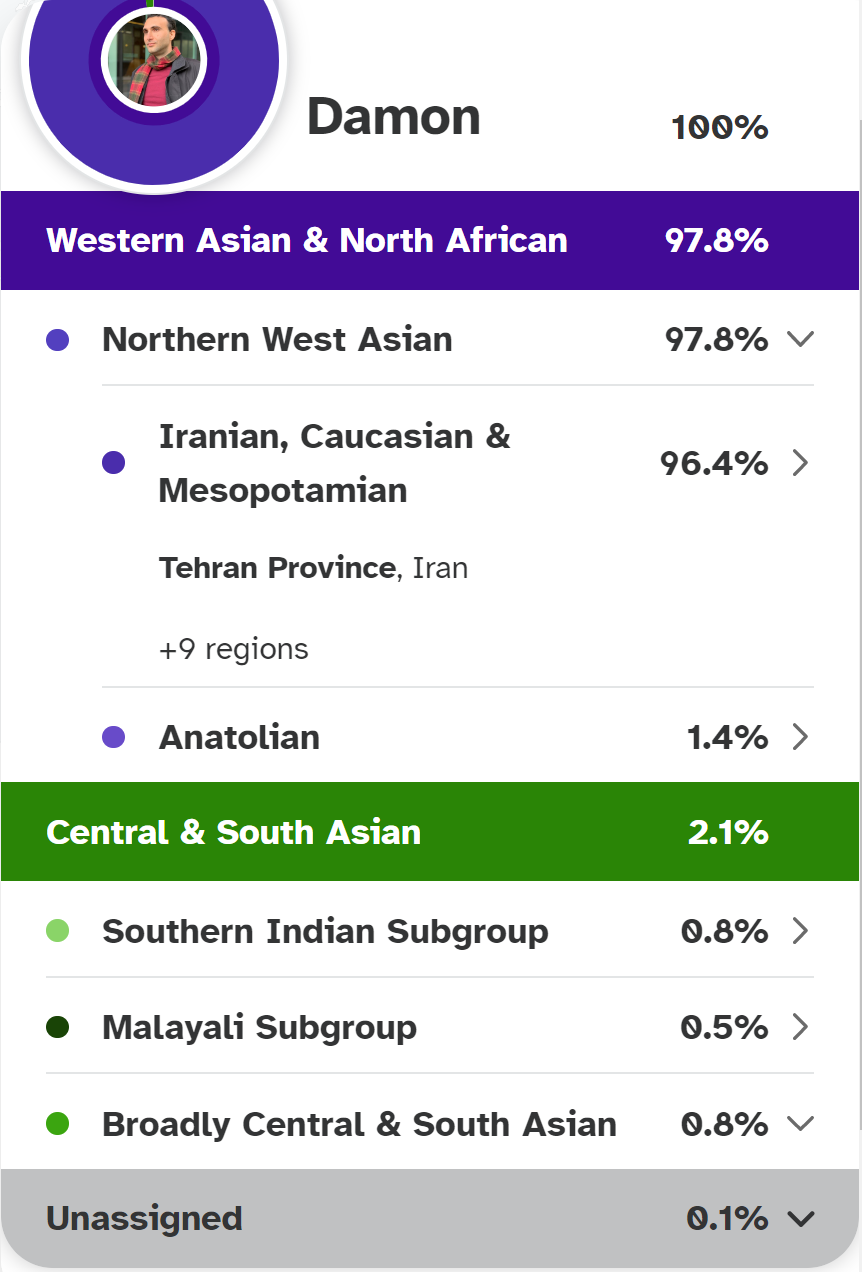Apparently, Texas students stormed out of a class wherein the professor asserted that humans all descended from Africans.
http://thetab.com/us/2016/10/19/txst-students-professor-says-descended-africa-53476
My brain feels wobbly around this, which tells me there’s something more to it that I’m not grasping right.
I’ve always thought of trigger warnings and safe spaces in college campuses as obviously important-if-done-properly, but widely blown out of context and misunderstood and exaggerated by detractors in order to talk down to millennials or find a new avenue to attack “PC culture.” I haven’t been in school for about five years, so it’s never really affected me, but my sympathies have always been vaguely with the people asking for what I consider to be justified uses for triggers (to prepare students for traumatic content in lessons) and safe spaces (to allow discussion of voices that normally self-censor due to fear or anxiety).
This event seems to fit into neither of those. It’s a professor, apparently innocently, relaying facts, and people getting upset and leaving the class as a result of their own political beliefs (as opposed to walking out because the environment was not “safe,” since presumably, no one was heckling people for walking out until they started to do so).
What makes this interesting of course is that the politics of it are flipped around from the stereotypes. So presumably, “PC” liberals would be hypocritical to mock the people walking out, but only if they don’t view trigger warnings and safe spaces as applying the way I described: if they do only consider them as meant for traumatic material or oppressed minorities, then they’re not being hypocritical in mocking people for reacting in a way that they themselves are often mocked for supposedly condoning, since they would consider that mockery to be aimed at a strawman that they are watching occur in real-time, but from the “opposition.” In other words, gleeful mockery at seeing people who normally might make fun of them for doing the exact thing the people leaving the rooms are doing is kind of understandable. Kind of like seeing a bully run home crying to their mother after the bully has repeatedly used the “crybaby” insult on them.
(Whether they’re being rude, or whether it’s the best reaction to have, is a different matter, of course.)
On the flip side of this, there are potentially conservatives who are NOT okay with trigger warnings of any kind, and NOT okay with safe spaces of any kind. Hopefully none of those people are making excuses for the people who walked out (in the interests of not being hypocritical), but if they’re attacking them for being representative of how “PC” and “pampered” college kids are these days, then they’re still strawmanning, because again, the usually proposed uses of trigger warnings and safe spaces would not apply to this circumstance. So once again, I find my sympathies aligning with the liberals ever-so-slightly more than I do the conservatives, assuming no one is being hypocritical (for the hypocrites, obviously, my sympathy is minimal).
Now, maybe I’m misunderstanding what the real use of safe spaces and trigger warnings have been about. Maybe I believe in the “ideals,” but in the trenches of the war these ideas are fighting in, people are pushing for safe spaces for ANY topic, or trigger warnings for ANY topic, that might offend anyone and, as the detractors insist, simply serve as an excuse to further distance themselves from ideas they dislike, and entrench themselves in intellectual bubbles.
I don’t doubt that some people might in fact want that, but I tend to view those who do as in the extremes: maybe that’s a mistake. Since I’m not in the trenches, I don’t know.
But for now, I’m going to hold onto the ideal, and examine this circumstance (at last) through the lens of what I hope might do the most possible good:
Do the people who walked out of this class deserve a “safe space?”
The uncharitable view, of course, is that they simply walked out because they didn’t want to listen to someone talk about things they considered “obviously wrong” or “offensive” to their notions of what humans were, where they came from, and how their religious beliefs and racial identity tied into their ego and sense of self.
So assuming the professor acted professionally, which seems to be the case just from the article, most people I think would say no, on both sides of the aisle. This is, as I said, the classic strawman of this position, made all the more contentious because it’s being actualized by the political culture that tends to most often be against “PC” culture.
But from the perspective of the kids who left, do THEY feel like they had to leave because they were unable to speak their mind free of ridicule or peer pressure?
And that, I don’t know. But it’s possible. On most college campuses, even in Texas, conservatives can in fact be a minority that feels “unsafe” airing their political or religious views for fear of the ridicule it’ll bring.
So if I’m being charitable, which I’d like to be, maybe these students really do need a safe space to talk about their beliefs about the origin of mankind without being mocked or feeling pressured into accepting the views of those around them, so they can really articulate what they believe and why, and maybe be more open to having their views challenged and changed.
And of course maybe there was a mix of both such students who walked out of the class. Apparently some stayed behind to argue, in any case.
Ok, the wobblyness has mostly faded, now that I’ve written all that out and feel a bit more secure in what I think and why. If anyone wants to let me know if I’ve missed something, please do.

